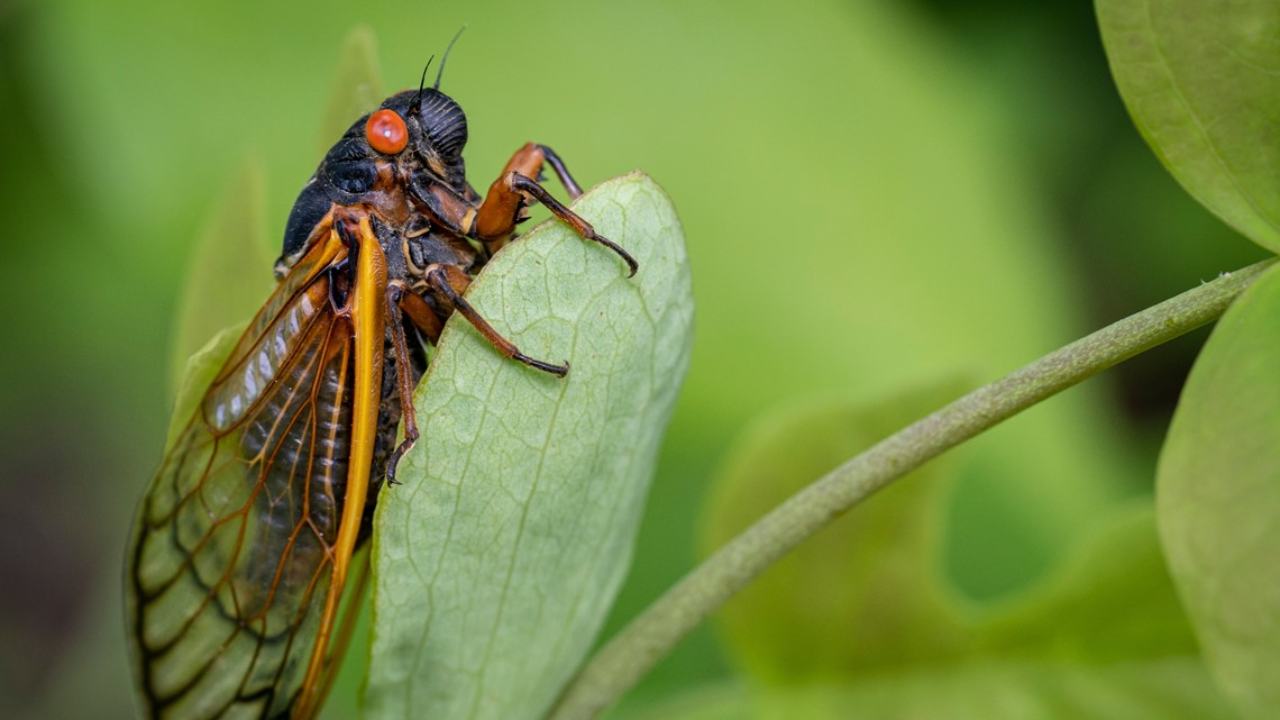Race Day Live It’s almost time for cicadas to show up in Kentucky! This year, Brood XIV, a group of cicadas that appear every 17 years, will emerge in huge numbers.
Gene Kritsky, an expert and the founder of Cicada Safari, says these insects will be seen in at least 13 states, including Kentucky.
What’s Special About Brood XIV?
These cicadas have spent the last 17 years underground, feeding on tree roots. The last time they appeared was in 2008.
They emerge when the soil reaches about 64°F. In Georgia, they’ll start coming out in late April, while in states like Kentucky and Pennsylvania, expect them in early to mid-May.
The biggest numbers will likely be in Kentucky, Tennessee, and parts of Georgia and Pennsylvania.
Cicadas: More Than Just Noise
Cicadas belong to the Hemiptera order, which also includes stink bugs and aphids. There are three species in Brood XIV, each with unique songs and colors.
The males are the singers, using special structures on their bodies to make loud buzzing sounds. Their calls can reach 102 decibels, louder than a jet plane!
Once they emerge, the males start singing to attract females. After mating, the females lay eggs on tree branches, and the young cicadas drop to the ground, burrow into the soil, and feed on roots for another 17 years.
Read More:
- Kentucky Legislator Introduces Bill to Test Blood for COVID-19 Antibodies and mRNA!
- Governor Josh Shapiro Boosts Pennsylvania’s Clean Energy Future with $4.6 Million Investment!
Why Are Cicadas Important?
Cicadas play a big role in the environment. Their tunnels help aerate the soil, and their bodies provide food for animals and nutrients for plants. Even their eggs contribute to tree health by pruning branches, leading to more flowers and fruits.
Interestingly, some people eat cicadas, too! Kritsky says they’re best when they’re still white and taste like canned asparagus.
Clearing Up Misunderstandings
Cicadas don’t bite, sting, or spread disease. They’re often confused with locusts, but they’re harmless and even indicate a healthy forest.
Join the Cicada Safari
If you spot cicadas, you can help researchers by uploading photos to the Cicada Safari app. Kritsky says community contributions are crucial for tracking cicada populations.
This spring, don’t miss the chance to see and hear these amazing insects. They’re not just part of nature—they’re a sign of its health and vitality.
Disclaimer- Our team has thoroughly fact-checked this article to ensure its accuracy and maintain its credibility. We are committed to providing honest and reliable content for our readers.

